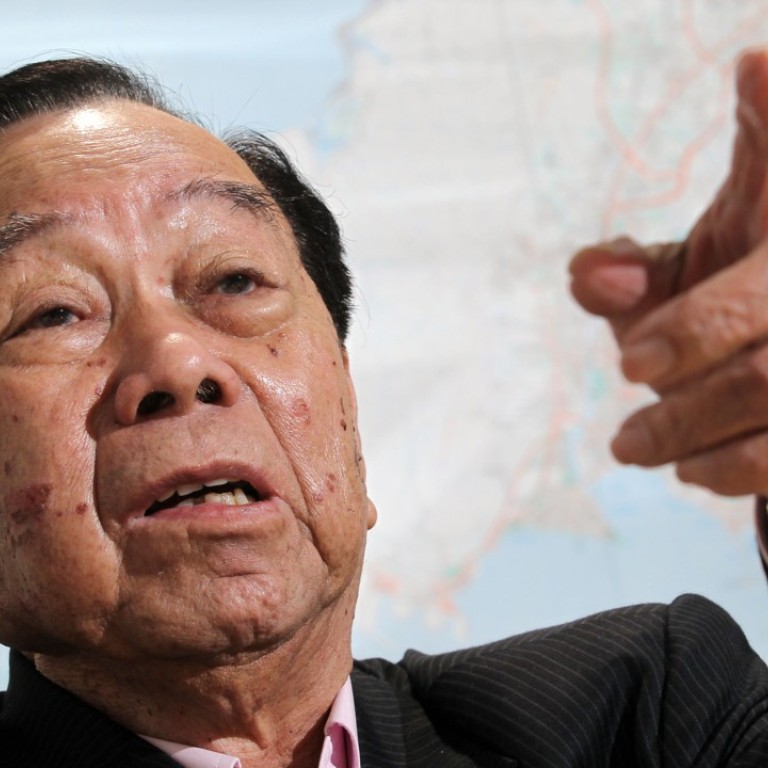
Politicians can learn from Lau Wong-fat’s legacy
Late rural leader was seen by some – perhaps many – as a controversial figure yet when it came to building bridges, he was a master of the game
Lau Wong-fat may not have been as prominent or popular as some other Hong Kong politicians. But the late rural affairs leader, who died on Sunday aged 80, has a well-deserved place in the city’s history. Not only did he play a pivotal role in shaping development in the New Territories for decades, he was also known for being able to tackle political problems in an accommodating manner – a quality that is sorely missing in these times of growing confrontation and bickering.
Dubbed the “King of the New Territories”, Lau enjoyed great respect within the rural community. He rose from the son of poor farmers in Tuen Mun to become a billionaire, with hundreds of properties and businesses across the city. Equally eventful was his political career. He became a village chief at the age of 24 and later head of the powerful rural affairs body the Heung Yee Kuk, a position he held for 35 years.
It is true that Lau may not have been particularly diligent when it came to active participation in legislative affairs. Throughout his nine terms in the Legislative Council, he only moved one motion in relation to land use and the environment. His attendance records were also among the poorest. But his real strength lay in his skills to negotiate behind the scenes. For decades, the government found him a reliable bridge to the rural community. Officials and fellow lawmakers have attested that they could rest assured of a satisfactory outcome when Lau pledged to help resolve a problem. For instance, he helped modernise some of the unfair and discriminatory practices among rural villagers, such as reforming inheritance rights and election of village representatives. While the changes did not go as far as they should have, they would not have been possible without Lau’s mediation. He also helped ease villagers’ concerns on many urban development projects in the New Territories. That explains why Lau was such an important government ally, both before and after Hong Kong’s return to Chinese sovereignty in 1997.
The kuk’s political influence grew under Lau’s leadership, the group evolving from a mere advisory body to the British colonial government to one with political representation right up to the chief executive’s cabinet. Beijing also saw it as a force to be reckoned with, so much so that it accepted Lau’s lobbying for a controversial provision in the Basic Law – the city’s mini-constitution – to protect the so-called traditional rights and interests of indigenous villagers.
Lau will be remembered as a rural strongman. But it was his accommodating leadership style and negotiation skills that earned him a place in history. It would be good if other politicians could replace confrontation in favour of such a measured approach to resolving problems.

